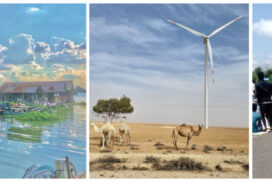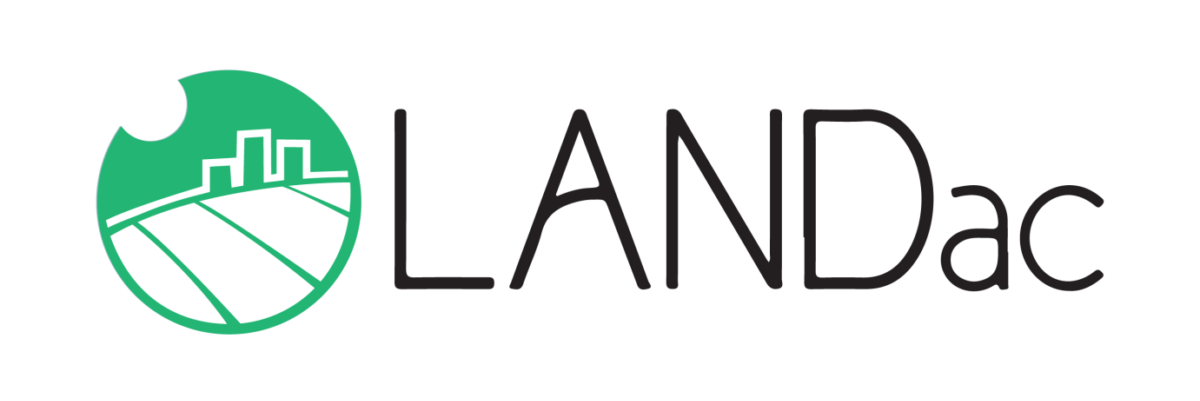There are no Events available right now.
LANDac - The Netherlands Land Academy
LANDac, the Netherlands Land Academy, is a partnership between Dutch organisations and their Southern partners working on land governance for equitable and sustainable development. The LANDac network brings together actors, conducts research, and distributes information, focusing on new pressures and competing claims on land and natural resources.

Registration Open Now!!! – Conference & Summit 2024 – Call for Abstracts Closed
REGISTRATION OPEN NOW!!! Conference & Summit Land governance and the politics of fair transitions: Deepening the search for social justice IoS Fair Transitions Platform & LANDac Utrecht, the Netherlands | 3-5 July 2024 Call for Abstracts Closed As… Read More
Learn MoreIOS Fair Transitions LANDac conference & summit 2024
Conference & Summit: Land governance and the politics of fair transitions: Deepening the search for social justice IoS Fair Transitions Platform & LANDac Utrecht, the Netherlands | 3-5 July 2024 CALL FOR ABSTRACTS NOW CLOSED Building… Read More
Learn More2024 Conference and Summit: Save the date 3-5 July
Land governance and the politics of transitions: Deepening the search for social justice Call for Abstracts for the 2024 Conference & Summit opensfrom January 15 to February 15, 2024 IoS Fair Transitions Platform & LANDac, Utrecht, the… Read More
Learn MoreNews and Events
Rule of law and Food systems transformation dialogue
Read More

Annual conference 2023 open for registration!
Read More
IOS Fair Transitions / LANDac Conference 2023
Read More










